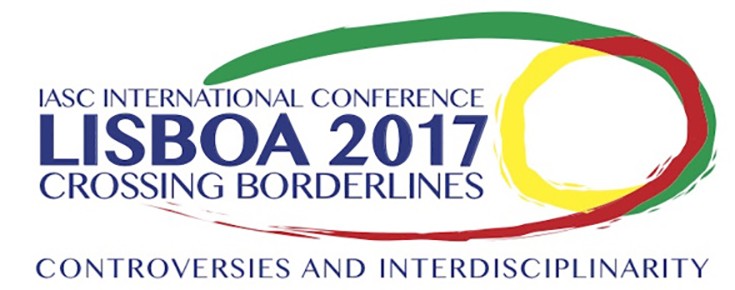
In front of the dramatic effect of the problems that humanity is facing today, more and more deep collaboration between scholars of different disciplines is necessary. Problems like deprivation, war, cannot be faced by only one disciplinary domain. They are too big and too complex as to claim for an interdisciplinary approach.
However, interdisciplinarity (ID) is a vague concept and a much demanding practice. It claims not only to a mere juxtaposition of theoretical positions, in which any scholar is isolated in her/his own language. ID supposes the continuous search of convergent theoretical perspectives and methodologies, the definition of common spaces and grammars as well as a true dialogical and open mind attitude of the several scholars.
For these reasons, ID is closely connected to the ethics of communication. Before proposing any hypothesis, the scholar must put in place her/his not obvious listening attitude, which is one of the fundamental dimensions of the ethics of communication.
On the other hand, controversies are a special mode of discussion able to show the way to new and innovative solutions to all kind of problems. In fact, controversies are not an eminently philosophical phenomenon. They are distributed among different areas, both in theoretical and in practical life, both in academia and in ordinary day life. Inevitably, the proper study of controversies is interdisciplinary, requiring the cooperation of scholars focused on the art of controversies as well as researchers in communication, mediation, diplomacy, linguistics, logics, rhetorics, history, anthropology, psychology, etc.
The IASC International Conference “Crossing Borderlines: Controversies and Interdisciplinarity” (Lisbon, 1-2 June 2017) aims to put face to face scholars interested both in ID and in Controversies. We believe that this original confrontation may facilitate deciphering the complex problems mankind is today confronted with.
Paper submission: 1 November 2016 - 1 April 2017
Notification of abstract acceptance: 30 April 2017
Deadline for the conference fee payment: 15 May 2017





















